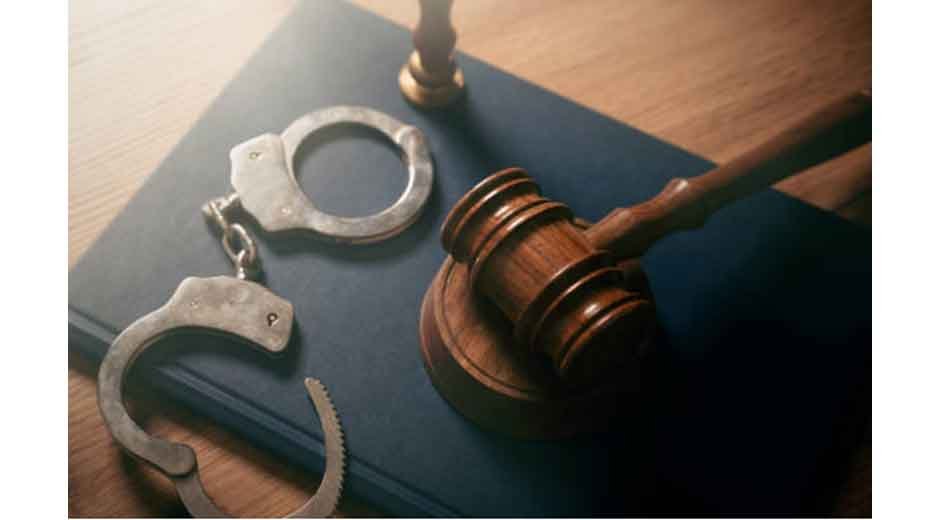Being accused of a crime can flip your life upside down in an instant. At that moment, your legal rights aren’t just words in a book; they’re the line between fair treatment and being steamrolled by the system. They’re guaranteed by law, yes, but the truth is, most people don’t fully grasp what those rights cover until they’re in the middle of a crisis.
Puyallup is a city in Washington. It has its own mix of local rules layered on top of Washington state laws, which means a criminal charge here isn’t something you can brush off. Officers have to follow certain steps when making an arrest or questioning someone, but that doesn’t mean every situation unfolds perfectly. Having an experienced Puyallup, WA, criminal defense lawyer at your side keeps those rights from becoming just “theoretical.”
Your Rights If You’ve Been Accused
Both the U.S. Constitution and Washington law set out specific protections for anyone facing charges. They aren’t formalities or polite suggestions; they can shape what evidence is allowed in court and how your case plays out.
Here are some you should know cold:
- Right to remain silent– You never have to answer police questions without your lawyer present
- Right to legal representation– If you can’t afford one, the court will provide a lawyer for you
- Right to a fair trial– Includes a neutral jury and a hearing that’s open to the public
- Right to know the charges– Authorities must tell you exactly what you’re accused of
- Right to confront witnesses– You get to challenge testimony against you
- Right to present evidence– You can bring forward witnesses or documents in your defense
What Really Happens During Police Questioning?
If officers sit you down for questioning, they’re supposed to read you your Miranda rights first. If they skip that step, what you say might not be used in court, but don’t count on fixing that later. The safest move is to wait for your lawyer to be in the room. It’s not about being uncooperative; it’s about making sure every word is accurate and can’t be twisted.
What a Defense Lawyer Actually Does?
Think of a defense lawyer as the person making sure the system plays by its own rules. That can mean:
- Picking apart the evidence and the official version of events
- Spotting rights violations during the arrest or investigation
- Laying out your legal options and explaining the trade-offs
- Standing up for you in every hearing or trial session
- Working out plea deals, if that’s the smartest move
Go it alone, and you risk making a mistake you can’t undo.
Why You Can’t Wait
Criminal cases don’t sit still. Early legal help can make all the difference – from challenging sketchy evidence before trial to preparing for how witnesses will be handled. Miss those chances, and your case might get harder before you even step into court.
Getting a lawyer involved early often improves outcomes. Even something as routine as a bail hearing can change how you approach your defense.
Key Points to Remember
- Your rights are real, and they apply the moment you’re accused
- Silence, with a lawyer’s guidance, can protect you from self-incrimination
- A defense lawyer’s job is to shield you from unfair tactics
- Acting fast gives you the best shot at a solid defense
- Every stage – from arrest to verdict – matters






